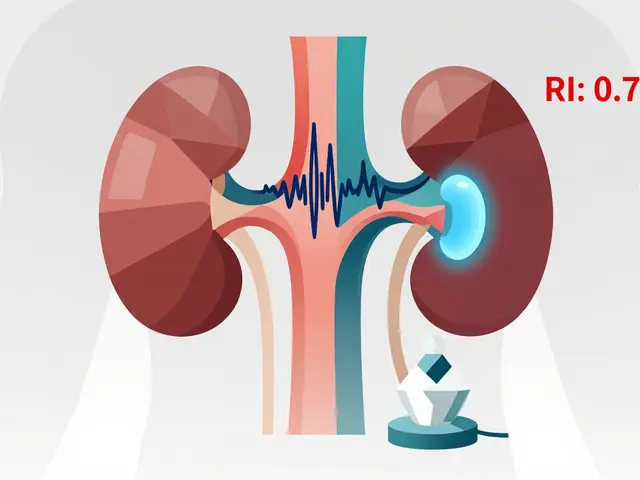Atarax alternatives: what works instead of hydroxyzine
Atarax (hydroxyzine) helps with anxiety, itching, and sleep by blocking histamine. It works fast but often makes people drowsy and dry out the mouth. If you want less sleepiness, fewer anticholinergic effects, or a longer-term solution for anxiety, there are clear alternatives. Below I list practical options, what they do, and when they make sense.
Drug alternatives — quick comparison
Non-sedating antihistamines (cetirizine, loratadine): these are cheap, over‑the‑counter, and cause little drowsiness for most people. They help itching and allergy symptoms well but won’t calm severe anxiety. Cetirizine is often more effective for itch than loratadine, and both are taken once daily.
Diphenhydramine (Benadryl): strong sedating antihistamine. It’s useful for short-term sleep or allergic reactions, but it has high anticholinergic effects—so expect dry mouth, blurred vision, and grogginess the next day. Avoid regular use, especially if you’re older.
Buspirone (Buspar): a non-sedating prescription option for generalized anxiety. It doesn’t cause dependence and doesn’t sedate, but it takes time to work—usually 2–4 weeks. Good for people who want long-term anxiety control without the risks of benzodiazepines.
Benzodiazepines (alprazolam, lorazepam): fast and effective for acute anxiety or panic. They usually act within an hour. Major downsides are tolerance, dependence, and daytime drowsiness. Best for short courses under medical supervision.
SSRIs/SNRIs (sertraline, escitalopram, venlafaxine): these are first-line for long-term anxiety disorders. They take several weeks to reduce symptoms but help prevent relapse. They’re not sedating in the way antihistamines are, though some people feel tired at first.
Beta‑blockers (propranolol): helpful for physical symptoms of anxiety like shaking and fast heartbeat, especially for performance anxiety. They don’t treat ongoing worry but work well for situational use.
Topical and non-drug options for itching: emollients, topical corticosteroids, calamine, and cool compresses. These avoid systemic side effects if itching is limited to the skin.
How to pick the right option
Decide what you need: instant relief, long-term control, or itch-only care. If you need rapid sedation for a short period, hydroxyzine or a benzodiazepine may fit. If you want long-term anxiety control without sedation, ask about buspirone or an SSRI. For simple allergy itch, choose cetirizine or loratadine.
Watch for risks: avoid strong antihistamines like hydroxyzine and diphenhydramine in older adults because they raise fall and confusion risk. Avoid mixing with alcohol or other sedatives. Always tell your clinician about other meds; interactions matter.
Talk to your doctor or pharmacist before switching. They can match the option to your symptoms, health history, and other meds. If you want, start by trying a non-sedating antihistamine for itch or ask about buspirone for chronic anxiety—both are common next steps away from Atarax.
Navigating the maze of options for anxiety and allergy relief can be daunting. Presenting ten viable alternatives to Atarax, this article aims to shed light on different medications, ranging from prescription options like Xanax and Lexapro to over-the-counter antihistamines such as Benadryl and Cetirizine. Each alternative is assessed on its strengths and drawbacks, providing critical information on its suitability for managing symptoms effectively. These insights are designed to guide readers towards making informed choices tailored to their specific health needs.
Continue reading...






